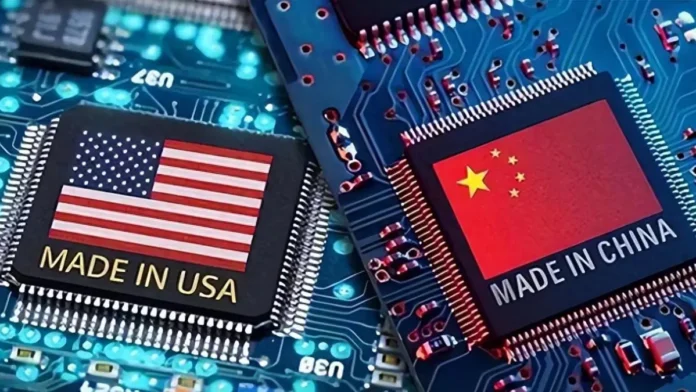Earlier this week, U.S. Commerce Secretary Gina Raimondo made a significant announcement concerning the nation’s stance on foreign usage of domestic cloud computing resources. The central point of this announcement was the U.S. government’s decision to implement new measures that would place restrictions on foreign entities, particularly those originating from China, preventing them from utilizing American cloud computing services for artificial intelligence model training.
The primary motivation behind this move is twofold: firstly, to safeguard national security, and secondly, to ensure the continued preservation of America’s technological edge in an increasingly competitive global landscape. The plan that Secretary Raimondo outlined includes a “Know Your Customer” requirement, which will compel U.S. cloud computing firms to bolster their identity verification processes for foreign users, thereby blocking them from tapping into U.S. cloud resources for AI development.
In her statement, U.S. Commerce Secretary Raimondo emphasized the gravity of the situation, saying, “We cannot allow non-state actors, especially entities from China, to use our clouds to train their models. We impose export controls on chips that exist in U.S. cloud data centers, so we must close off potential channels for malicious activities.”
The “Know Your Customer” program, as part of this new plan, dictates that cloud computing companies must verify the identity of foreign customers on an annual basis, uphold user identification standards, and provide evidence of their compliance. This regulation forms part of a larger, more comprehensive strategy aimed at ensuring that U.S. cloud platforms remain impervious to potential malicious AI development. Notably, this plan is an extension of a proposal put forth in October of the previous year, which sought to prevent Chinese entities from leveraging American cloud technology.
In a related development, U.S. President Biden enacted an executive order in October of this year. This order mandates that developers of artificial intelligence systems, particularly those that could pose a threat to national security, the economy, public health, or safety, must disclose the results of their security testing to the U.S. government before offering these systems to the public.
These combined measures have ignited a heated debate within the industry. One prominent critic, Carl Szabo, who serves as the Chief Legal Officer for NetChoice, has voiced his objection to the enforcement of this executive order. He argues that it is potentially illegal and could serve as a roadblock to international collaboration in the rapidly evolving field of artificial intelligence.


[…] US Plans Ban on China Entities in AI Development! […]